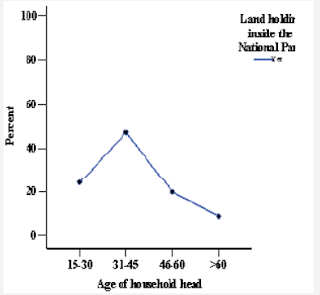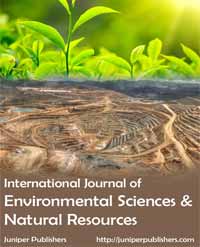An Assessment of Local Community Livelihood Benefits as a result of Bale Mountains National Park, Southeast Ethiopia-Juniper Publishers
JUNIPER PUBLISHERS-OPEN ACCESS JOURNAL OF ENVIRONMENTAL SCIENCES & NATURAL RESOURCES
An Assessment of Local Community Livelihood Benefits as a result of Bale Mountains National Park, Southeast Ethiopia
Authored by Yohannes Teshome
Assessing and considering the potential contribution of protected areas
of land on local community livelihood benefits helps to effectively
protect and sustain representative samples of various biotopes. This
study was designed to assess the contribution of Bale Mountains National
Park (BMNP) on local community livelihood. Thirteen villages were
selected purposely from five Districts and 732 households were
interviewed. The survey was conducted using structured household
questionnaires, focus groups discussion and key informants. Various data
analysis techniques namely descriptive statistics, Chi-square (χ²) test
of independence, post hoc Tukey test after a one-way ANOVA test and
Correlation (r) were used. Results showed that 76% of households earned
direct benefit from the park in terms of livestock grazing 39.6% (dry
season) and 37.9% (wet season), land holding 39.66%, firewood collection
93.53% and grass harvesting 64.14%. Ecotourism related activity 27.8%,
being an association member 2.1%, employment (full time 0.86% and part
time 0.6%), donation 2% and training/workshop 15.5% were recorded as
indirect benefit as a result of the park. Generally, it is concluded
that BMNP has enormous potential to contribute on local community
livelihood directly and/or indirectly, but indirect benefits remain low
and a distant reality. Therefore, the management approach of the park
should be changed and able to focus on offering indirect benefit
opportunity equitably and reasonably for all residents living in and
around the park.
For more articles in Journal of Environmental
Sciences & Natural Resources please click on: https://juniperpublishers.com/ijesnr/
To read more…Fulltext




Comments
Post a Comment